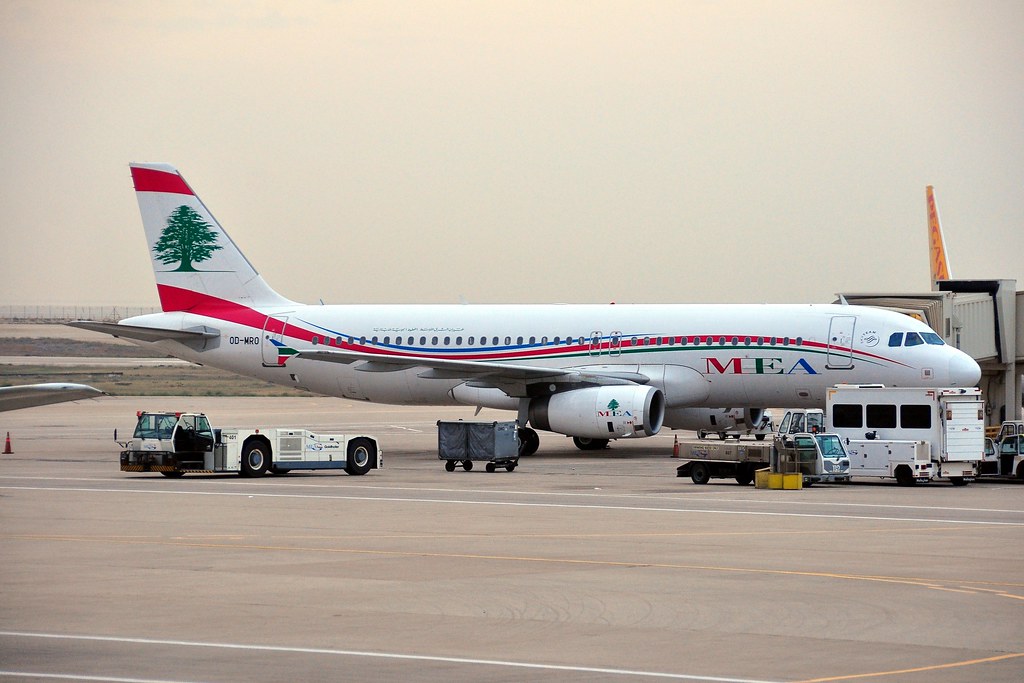
The adjustment comes as Airbus recalibrates its global production targets in response to fluctuating market demands exacerbated by the COVID- pandemic's lingering effects. The Middle East, traditionally a hub for aviation growth driven by major carriers like Emirates and Qatar Airways, now faces a more cautious approach from manufacturers as they navigate recovery challenges.
The reassessment underscores broader trends reshaping the aviation sector, where airlines are increasingly focusing on optimizing existing fleets rather than expanding aggressively. This strategic shift aligns with efforts to manage operational costs and adapt to varying passenger traffic volumes as travel patterns slowly rebound.
Airbus' decision reflects a nuanced understanding of regional market dynamics, acknowledging the Middle East's pivotal role in global air travel while adapting to the realities of a post-pandemic recovery phase. The company remains committed to supporting its Middle Eastern customers through tailored solutions and fleet management strategies aimed at enhancing operational efficiency and sustainability.
Industry analysts note that while the revised forecast may indicate a short-term adjustment, long-term prospects for Middle Eastern aviation remain robust. Factors such as population growth, expanding tourism initiatives, and ongoing infrastructure investments continue to underpin the region's strategic importance within the global aviation landscape.
In response to these developments, Airbus continues to leverage its comprehensive portfolio of aircraft models, including the fuel-efficient A320neo and the long-range , to meet diverse operational requirements across the Middle East. These models, known for their advanced technology and environmental performance, are positioned to support airlines in navigating both economic fluctuations and evolving regulatory frameworks.
Looking ahead, Airbus remains cautiously optimistic about the Middle East's recovery trajectory, emphasizing flexibility in production planning and ongoing dialogue with regional stakeholders to align supply with demand. The company's adaptive approach underscores its commitment to sustainable growth and partnership-driven solutions amid a dynamic global aviation environment.
As Airbus refines its market strategies to accommodate evolving realities, industry observers anticipate continued dialogue between manufacturers and Middle Eastern airlines to optimize fleet decisions and capitalize on emerging opportunities. The company's proactive stance reflects a broader industry trend towards resilience and adaptability in navigating post-pandemic uncertainties while positioning for future growth.
Topics
MENA
